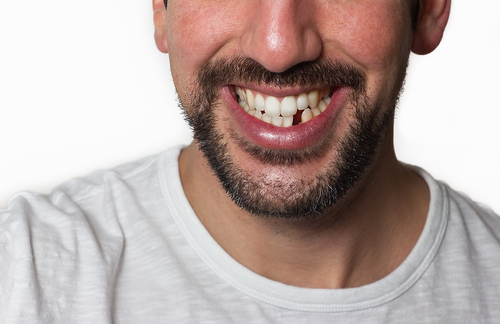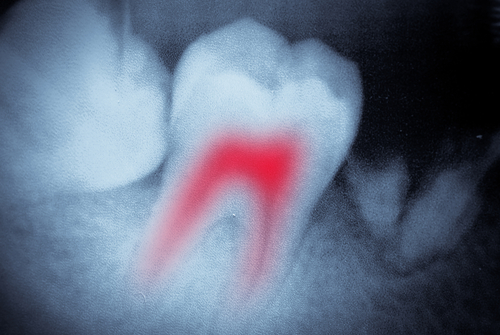
Sometimes no matter how much we take care of our teeth, they get damaged and injured or become susceptible to decay and deterioration. This means a tooth can come loose and eventually fall out… if it didn’t get knocked out due to a trauma like a car or sports accident.
If you’re missing a tooth, then you should call your West Chester dentist as soon as possible so we can do a comprehensive exam and talk about how we can fix your smile and make it whole again. We understand what it’s like when you’re missing a tooth. Do you hide your smile? Do your teeth make you feel more self-conscious? Do you have to avoid certain foods or chew on one side of your mouth due to the pain or discomfort?
Let’s take a look at some of the dental solutions that are available to you to fix your missing tooth (or teeth) so that we can restore your smile’s function and beautiful look.
Common Tooth Replacement Options
It’s important to call your dentist in West Chester as soon as you lose a tooth or if you have one that is loose and in danger of falling out. Depending on your individual needs, there are numerous treatment options delivered with some of dentistry’s most state-of-the-art dental technology.
- Single Dental Implant
A dental implant is a life-changing restoration that actually acts like your missing tooth’s natural roots to help keep your jaw bone stimulated and healthy. To top it off, you’ll get a custom, tooth-colored crown that will create a natural look. Dental implants restore your smile to its former function so you can eat foods you may have been avoiding. They can last a long, long time or even for a lifetime.
- Bridge
Just like the name implies, a dental bridge can bridge the gap that’s created when you end up missing a tooth or even multiple teeth. Dental bridges are usually made up of two or more dental crowns. The entire restoration is then anchored to neighboring healthy teeth. The result is a custom solution that can give a full smile again.
- Dentures
When you’re missing multiple teeth, dentures may be the right solution for you. Thanks to advancements in dental technology, dentures of today look and feel natural and can give you back a confident, healthy smile. Dentures can be used to replace both upper and lower missing teeth.
If you’re missing a tooth or teeth, don’t hesitate to call our dental office in West Chester. There are plenty of options available to help bring life back to you and your smile. Your renewed confidence and a healthy smile starts with a phone call and a visit to our office. We’re ready when you are!
We have three dental offices in Middletown, Kettering, and West Chester.


 Review Us
Review Us Review Us
Review Us




